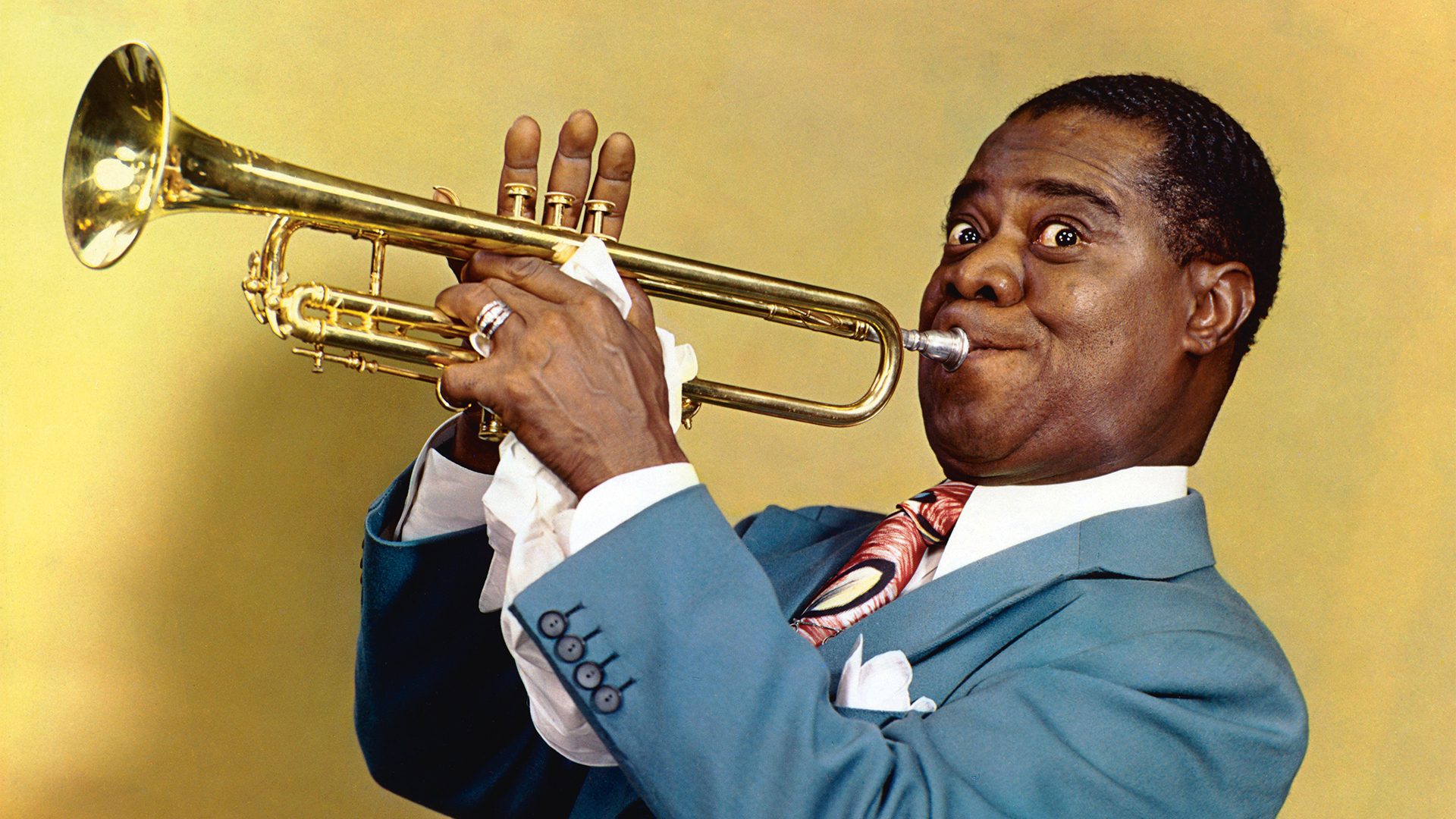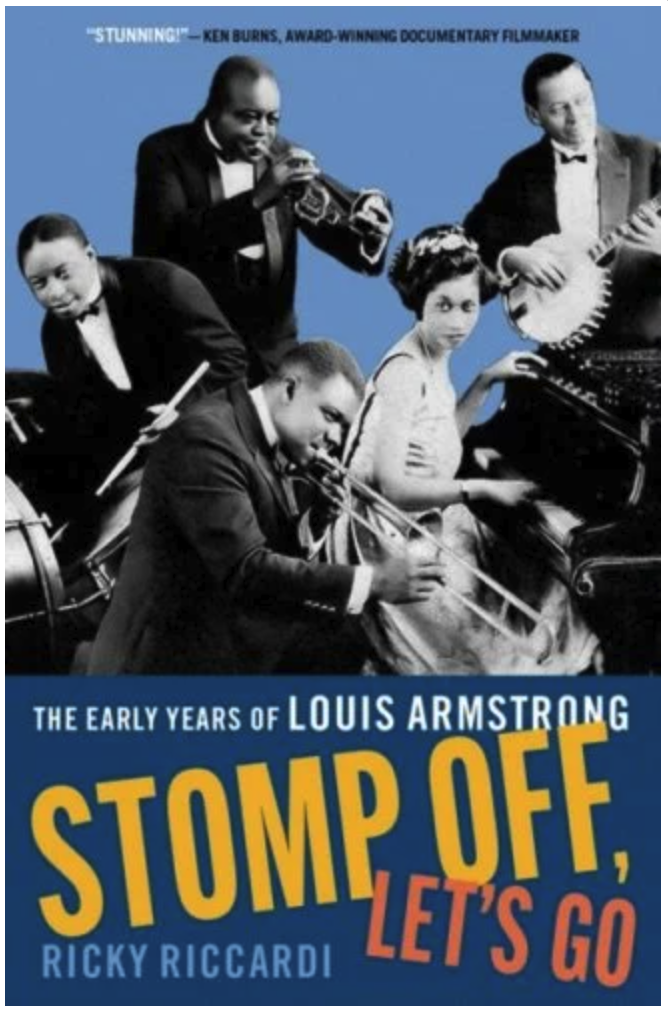“I’m all Armstrong, all the time!” is how Ricky Riccardi neatly describes his obsession to me, on a call from his home in New York. Having first discovered Louis Armstrong’s music at age 15, he has gone on to become the director of research collections for the Louis Armstrong House Museum, given lectures worldwide, won Grammys for his album notes and written several books about the man who is widely credited as one of the architects of modern music. The latest of which, Stomp Off, Let’s Go, focuses on his early life. Why, specifically, did he want to write about this period?
“In jazz circles, the recordings that Armstrong made in the 1920s represent some of the most influential music ever created,” he tells me. “I wanted to dig deeper and examine just how he got to the position in the first place, to be able to change the course of American popular music with his trumpet and with his voice. The odds were a million-to-one against him.”
Get the latest news and insight into how the Big Issue magazine is made by signing up for the Inside Big Issue newsletter
The book depicts how, abandoned by both parents and raised in poverty, Armstrong worked long, gruelling hours delivering coal as a child. At age 12 he was arrested for firing a pistol on the street and sent to a home for waifs where he was subjected to extreme corporal punishment. Similar horrors continued throughout the young Armstong’s life. It’s hard to reconcile these relentlessly bleak vignettes with the Louis Armstrong that we picture in popular culture – the laid back, affable bandleader, a smiling emblem of The Big Easy.
Music is the ley line which leads Armstrong out of the darkness. Before formal instruction, he would sneak into a saloon in New Orleans to fool around with Bunk Johnson’s cornet. Johnson later said, “Louis used to slip in there and get on the music stand behind the piano… until he could get a sound out of it.” However it was at the waif’s home that his formal musical education began.
Amid the cruel treatment he received there day to day, a stern but dedicated music teacher spotted his nascent talent. Aside from the joy of playing, Armstrong loved the attention: “I commenced to being the most popular [boy] in the waif’s home,” he wrote years later. That popularity grew and still endures to a monumental degree.






